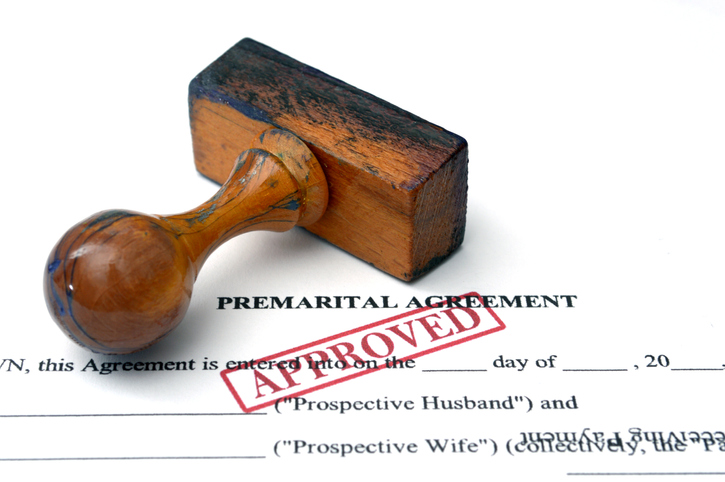In re Interest of HDV arose when a husband appealed a final divorce decree, arguing among other things that the trial court had erred in awarding his wife money and property under their premarital agreement. The couple had entered into the agreement, which included a provision that there would be no community property, months before their marriage in 2003. The husband obtained a judgment that it was enforceable. While married, the couple had two kids.
The wife filed for divorce in 2010, and the husband counter-petitioned. The court ordered the husband to pay the wife’s attorneys’ fees on a temporary basis. The couple agreed to a parenting trial just before the court held a bench trial on the financial issues in 2014. The parenting plan was incorporated into the decree, which affirmed that the premarital agreement was valid and that there was no community property. The court awarded the husband and the wife, respectively, all of the property that he or she possessed. It awarded the wife as separate property a 2002 car. It also ordered the husband to pay the wife an allowance of $30,000, plus $3 million.
The husband appealed, arguing that the trial court shouldn’t have awarded the wife money and property based on the premarital agreement. The premarital agreement had stated that upon death or divorce, each party would receive their separate property, and the husband would make a payment to the wife based on how long the marriage lasted. In this case, the provision about a five-year marriage applied. Based on the provision, the court calculated the husband’s net worth from the date of the filing of the divorce petition, and it accordingly found that the husband had to pay the wife $3 million.
Continue Reading ›

 Texas Divorce Attorney Blog
Texas Divorce Attorney Blog

